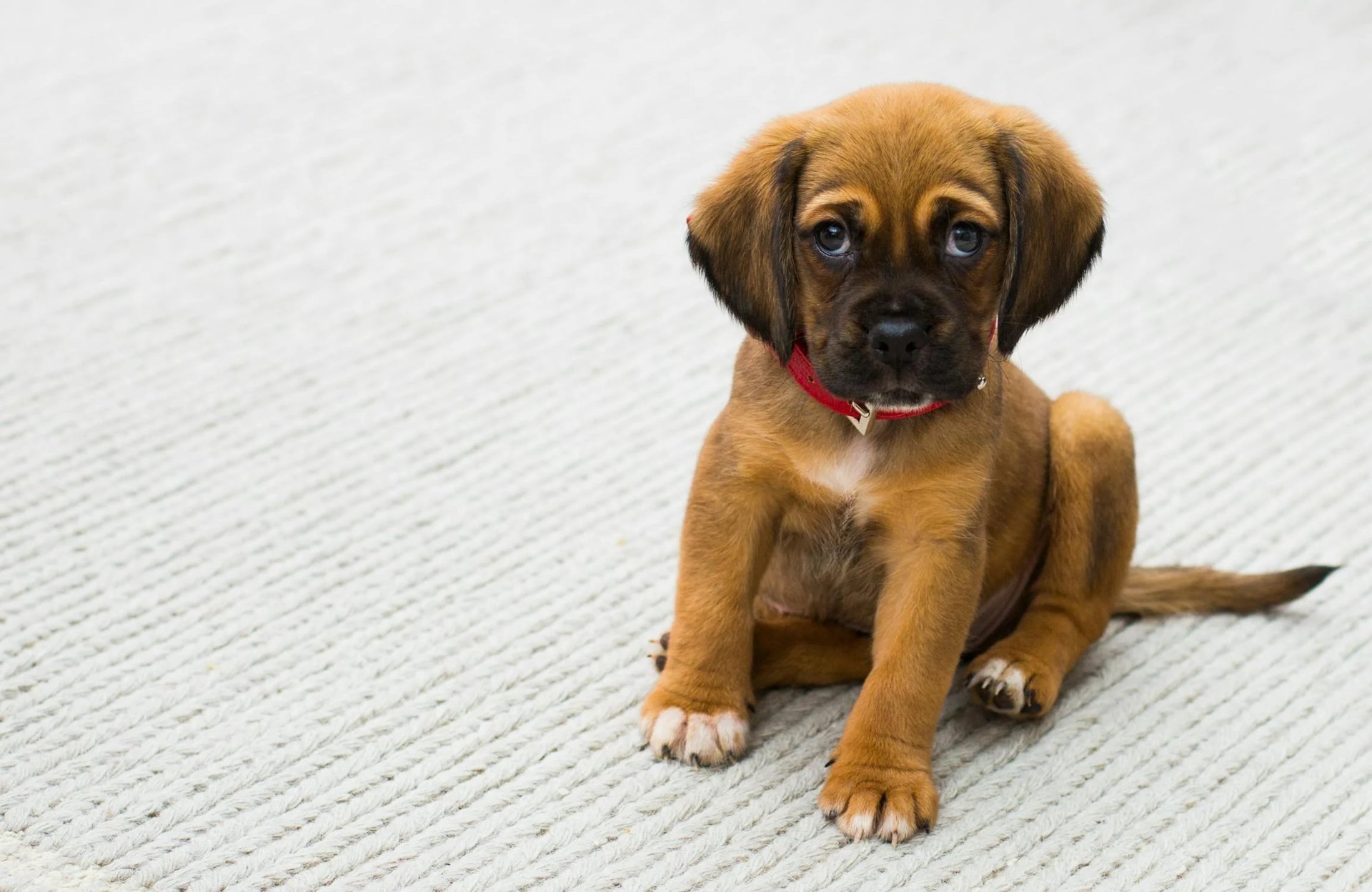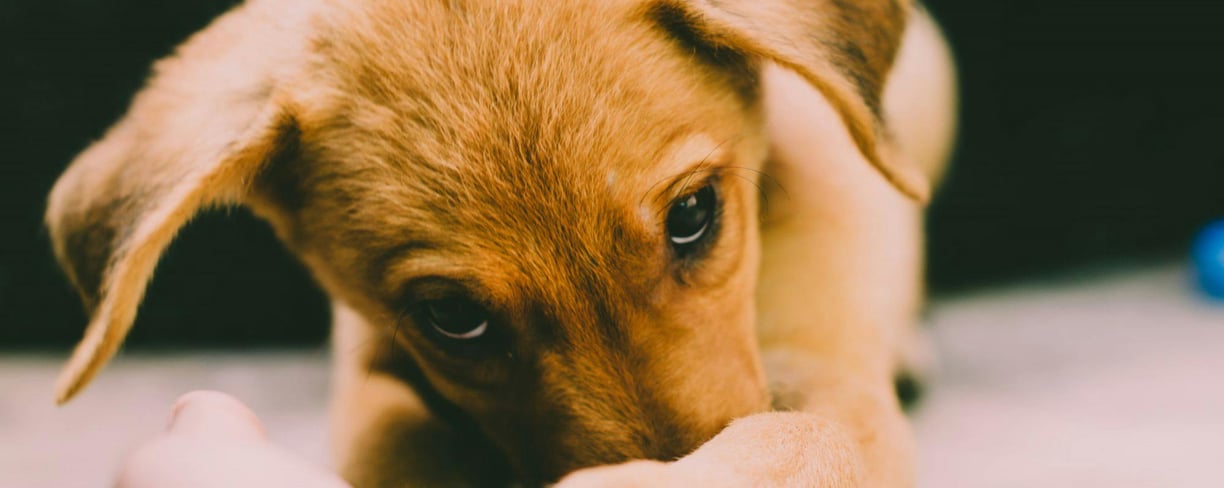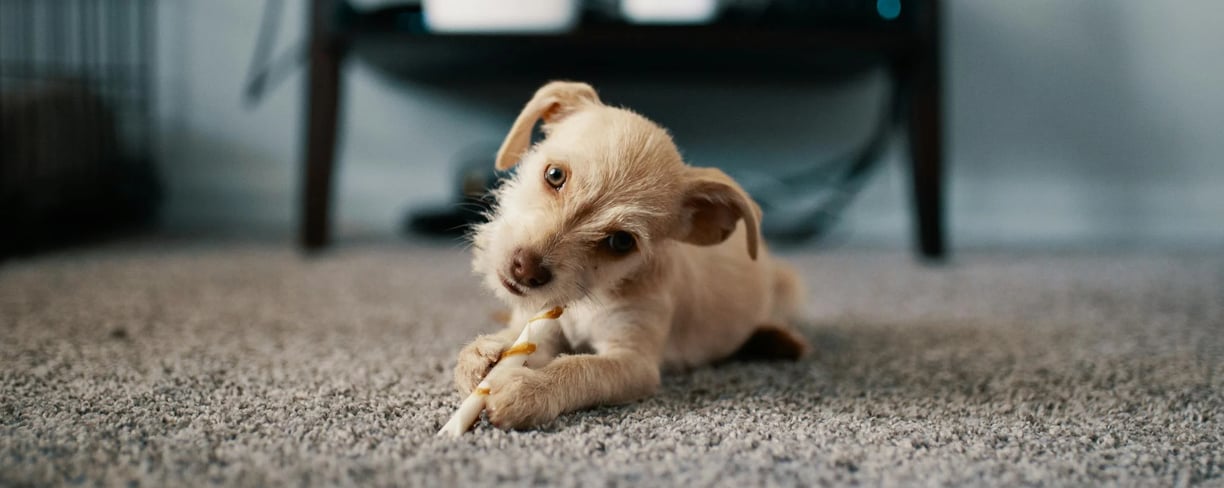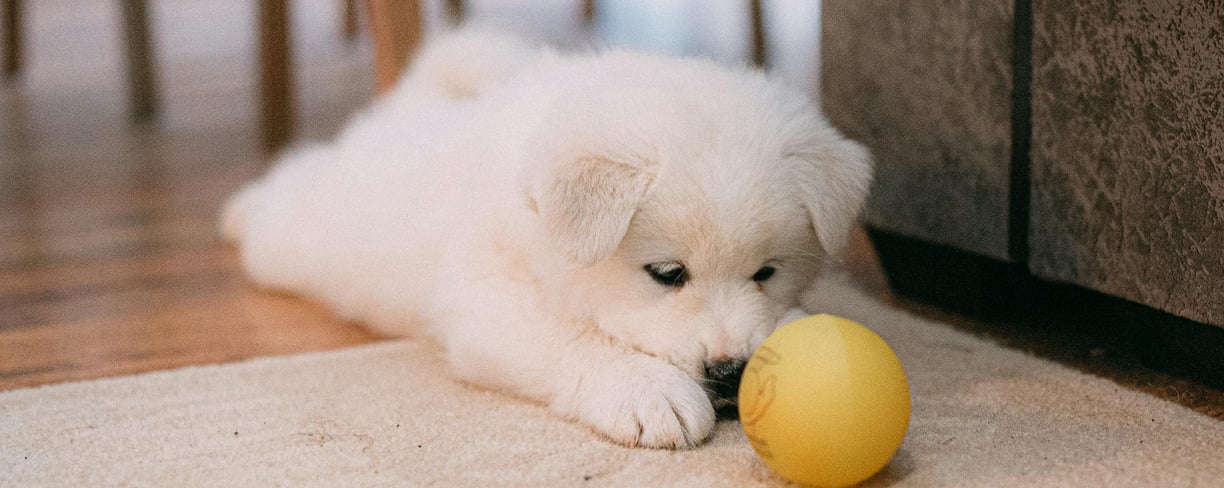Guaranteed Comfort and Complete Care for Your Pet.

How To Recognize Early Symptoms Of Parvo In Puppies and Seek Help In Dubai


Parvovirus, or Parvo, is a serious disease that affects puppies and unvaccinated dogs. It spreads fast and can lead to death if not treated quickly. Recognizing early symptoms of parvo in puppies can help save lives. In Dubai, where many people own dogs, knowing the risks and acting fast is very important. Seeking immediate help increases the chances of survival and ensures proper treatment!
What Is Parvo and Why Is It Dangerous for Puppies?
Parvovirus is a highly contagious disease that spreads quickly among dogs, especially unvaccinated puppies. It attacks the digestive system and weakens the immune response, making young dogs extremely vulnerable.
Recognizing early symptoms of parvo in puppies allows pet owners to act fast and improve survival chances.
The virus spreads through direct contact with infected feces, contaminated surfaces, or even human hands and clothing that have touched infected areas. Puppies can pick up the virus in parks, kennels, or from other dogs without showing immediate signs. Once exposed, the infection progresses rapidly, and without treatment, survival chances decrease significantly. Parvo can live in the environment for months, making prevention and strict hygiene essential to keeping puppies safe.
Early Symptoms of Parvo in Puppies
Parvo affects puppies in two ways, causing both physical and behavioral changes that can quickly worsen without immediate attention. If you are wondering what are the symptoms of parvo in puppies, here are some of them:
Physical Symptoms to Watch For
Puppies with Parvo often become weak, refusing to eat or drink.
Early symptoms of parvo in puppies include vomiting and severe diarrhea, which may contain blood.
Dehydration happens fast, leading to rapid weight loss and exhaustion.
If a puppy shows these signs, urgent veterinary care is needed for survival.
Behavioral Changes
A sick puppy may stop playing and avoid interaction with people or other dogs.
Symptoms of parvo in dogs also include hiding, staying in one spot, or acting unusually quiet.
Some puppies whimper due to stomach pain and discomfort.
Any sudden behavioral shift should be taken seriously, as Parvo worsens quickly.
What Are the Symptoms of Parvo in Puppies?
Parvo symptoms affect a puppy’s body and behavior, progressing rapidly if left untreated. In the early stages, weakness, loss of appetite, and fever often appear. Vomiting and severe, often bloody, diarrhea follow, leading to dehydration and rapid weight loss. Affected puppies may also become lethargic, avoiding play and social interaction. Some whimper in pain, hide in corners, or refuse to move. As the condition worsens, dehydration causes sunken eyes, dry gums, and extreme fatigue.
In advanced cases, the virus weakens the immune system, making secondary infections more likely. Without urgent medical care, organ failure and shock can develop. What are the symptoms of parvo in puppies? A combination of vomiting, diarrhea, fatigue, and refusal to eat signals danger. Since symptoms progress quickly, any sign of illness should be treated as an emergency. Seeking veterinary help as soon as possible gives the best chance for survival and recovery.
Why Early Detection Is Crucial?
Parvo progresses fast. Without quick treatment, puppies can die within days. Early detection and medical care can save lives. Veterinary care in Dubai is advanced, and many clinics specialize in treating Parvo. Acting within the first 48 hours of symptoms gives the best chance for survival.
Parvo Treatment for Dogs: What to Expect
Parvo requires immediate veterinary care, as there is no direct cure. The treatment focuses on preventing complications and managing symptoms. Hospitalization is often necessary, where puppies receive IV fluids to battle dehydration and medications to control vomiting, diarrhea, and pain. Antibiotics may be used to prevent secondary infections. Supportive care helps the puppy regain strength, giving the immune system time to fight the virus. Recovery depends on early treatment and constant monitoring. Without proper care, the survival rate drops significantly. Parvo treatment for dogs includes intensive medical support, increasing the chances of survival and helping infected puppies regain their health.


A reliable veterinary clinic in Dubai can provide life-saving treatment and supportive care.
The Role of Vaccinations in Preventing Parvo
Vaccination is the best way to protect puppies from Parvo. The first shot is given at six to eight weeks, followed by boosters. Adult dogs also need boosters to maintain protection. A vaccinated dog is less likely to get infected. It also helps stop the spread of the virus to other dogs. Dog vaccinations are necessary for all puppies, especially in high-risk areas like Dubai.
Where to Seek Professional Help in Dubai?
Getting the right medical care quickly can make all the difference for a puppy with Parvo. Dubai has many experienced veterinarians who provide specialized treatment, helping sick pets recover and stay healthy.
Choosing the Right Veterinary Clinic in Dubai
Finding a trusted veterinary clinic Dubai pet owners recommend is important for treating Parvo. Look for clinics with experienced vets, 24/7 emergency care, and proper isolation facilities to prevent the virus from spreading.
During the visit, expect blood tests, stool analysis, and immediate immediate IV fluid therapy. The vet will create a treatment plan based on the puppy’s condition. Early intervention increases survival chances, making expert care essential for a successful recovery.
Common Pet Illnesses in Dubai
Parvo is one of the most common pet illnesses in Dubai, but it’s not the only one. Heatstroke, tick fever, and respiratory infections are also common. Regular check-ups help detect problems before they become serious.
Tips for Protecting Your Puppy from Parvo
There are some things you can do to protect your pet from Parvo:
Keep unvaccinated puppies away from public places
Disinfect food bowls, floors, and bedding regularly
Avoid contact with unknown dogs
Watch for early symptoms of parvo in puppies and act fast
Preventive measures against Parvo include:
Vaccinate on time
Avoid dog parks if the puppy isn’t vaccinated
Maintain hygiene in living spaces
Monitor for symptoms and seek help immediately


Keeping unvaccinated puppies away from dog parks and public areas helps reduce exposure to the virus.
Keep Puppies Safe from Parvo in Dubai!
Early symptoms of parvo in puppies can appear suddenly, and acting fast is key. If you notice vomiting, diarrhea, or behavioral changes, visit a veterinary clinic immediately. Dubai has experienced vets who can help. Early treatment improves survival chances and gives your puppy the best chance at a healthy life!

